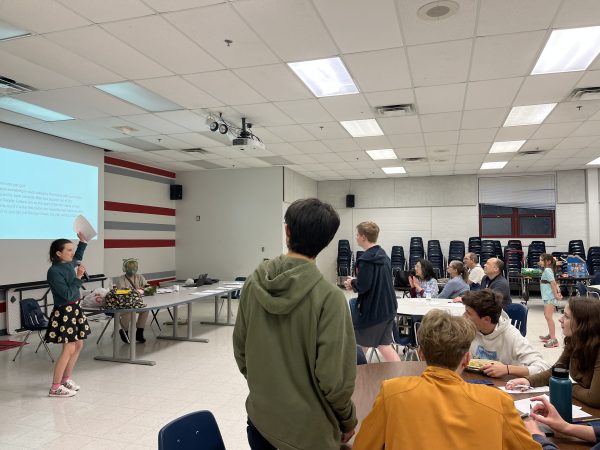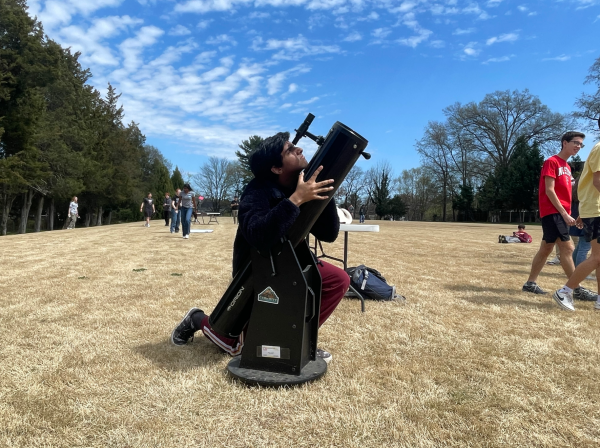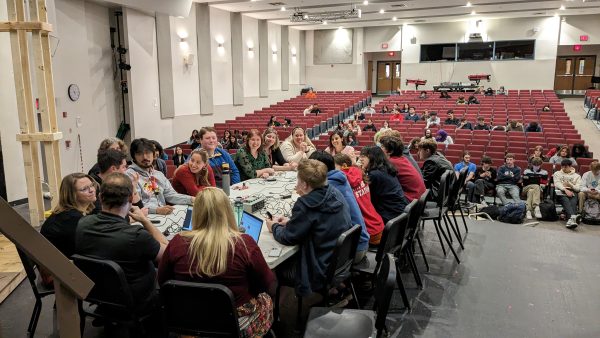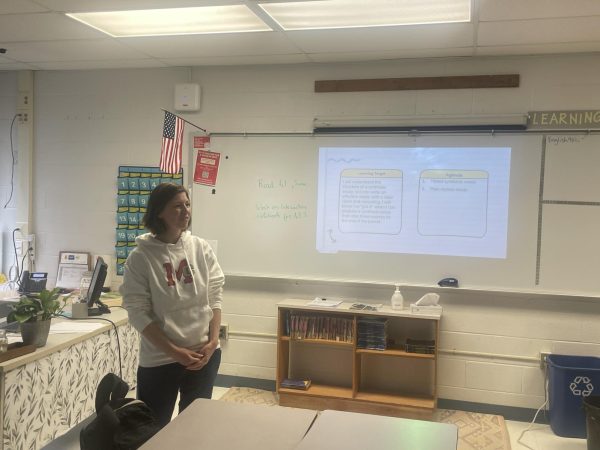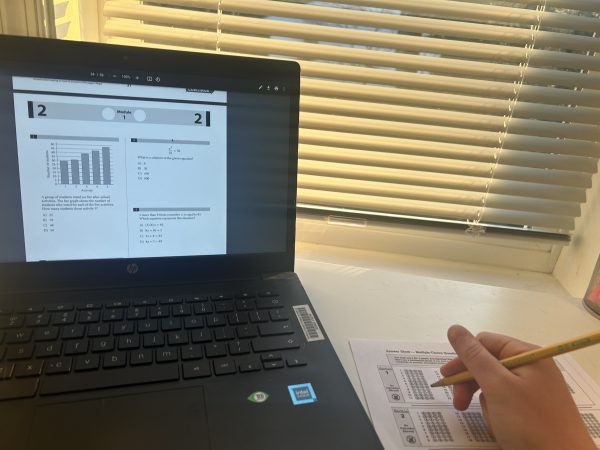FCPS stands up to climate change following the passing of a sweeping resolution
October 17, 2018
On the back of a newly released UN study on the dire circumstances of climate change on the global level, Fairfax County Public Schools voted to pass an equally poignant resolution on Oct. 11 that outlined the school system’s overarching perspective on climate change and its determination to be apart of the solution.
County officials released the short, but sweeping statement following a business meeting last Thursday. It is split into eight small sections, each detailing a different aspect of FCPS’ approach to working with federal, state, and local governments to tackle the overwhelming issues associated with climate change. FCPS has been addressing some major problems this year, with a vote to approve controversial changes to sex education policies this just past June as well as school board member Ryan McElveen’s recent support of a resolution regarding sexual harassment.
The first three sections of the resolution explain how FCPS perceives the climate change as an immediate threat to Americans nationwide and its acknowledgment of the serious policy changes that need to happen in order to mobilize sustainable progress towards a healthier future.
The next three section spell out the county’s position in the whole situation and how it plans to pursue change alongside its current policies and programs.
The last two sections specify their intended measures to stir change through school communities countywide as well as their hope to shift political momentum through a call to the “United States Congress to act boldly on climate change and provide a framework” for how FCPS can create a ripple effect of change in anthropogenic habits to curb climate change.
“I hope students will be more focused on the issues we are covering in class and realize its not just an AP credit but [the class] is to help learn about how [student’s] lives will be affected and [their] children,” environmental science teacher Kate Hoefer said.




